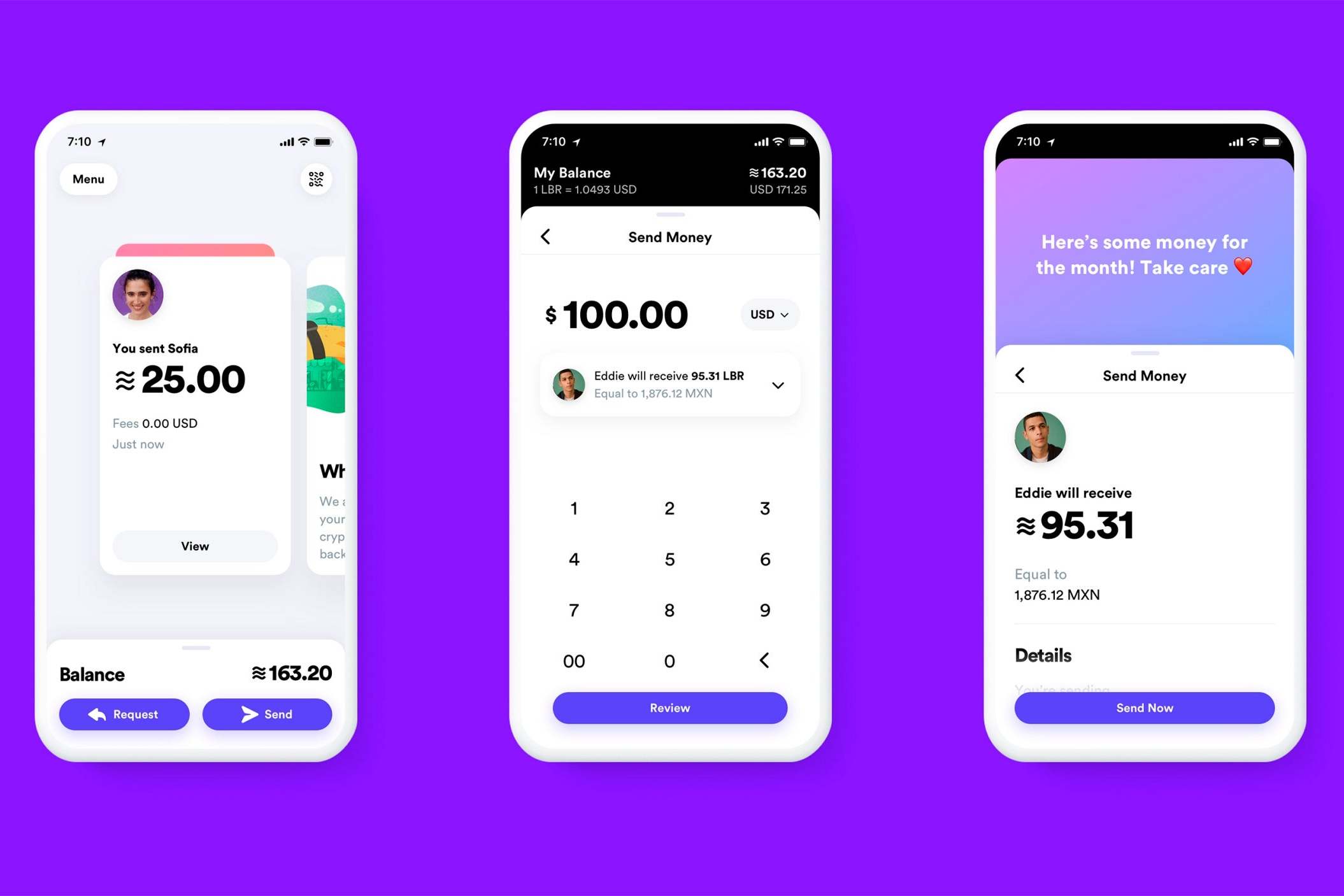Facebook Libra scams offer to sell cryptocurrency before it even exists
Scammers claim to offer 'early access' to the social network's controversial cryptocurrency
Fake pages, websites and videos offering to sell the Libra cryptocurrency are proliferating across Facebook, despite the new currency not launching until 2020.
Some sites being shared across the social network claim to offer ”early access” to the cryptocurrency, luring visitors to exchange money for Libra.
Other scammers are using the interest surrounding Facebook’s virtual currency to attempt to steal people’s personal information.
The Libra project is being developed in collaboration with 27 other companies, including Visa, Mastercard and PayPal, but it is Facebook’s involvement that has drawn the most attention.
The technology giant is facing scrutiny from lawmakers and regulators around the world, with one British MP warning this week the new cryptocurrency is “going to be open to massive fraud”.
US senators also expressed their reservations about Libra to David Marcus, who is leading Facebook’s cryptocurrency team.
Democratic senator Sherrod Brown, the ranking member of the Senate Banking Committee, said: “Facebook has demonstrated through scandal after scandal that it doesn’t deserve our trust. We’d be crazy to give them a chance to let them experiment with people’s bank accounts.”
Mr Marcus said: “I know that we will have to earn people’s trust for a very long period of time to get them wanting to use [Libra].”

Some senators warned that the new cryptocurrency would be at risk of fraudsters and scammers when it launches, though none predicted that such scams would spread online before it even launched.
The fraudulent Facebook pages were first spotted by The Washington Post, whose investigation discovered a dozen accounts, pages and groups on Facebook and Instagram.
Many of the pages appear to still be operating, some with hundreds of Facebook users already signed up.
In a statement to The Independent a Facebook spokesperson said: "“Facebook removes ads and Pages that violate our policies when we become aware of them, and we are constantly working to improve detection of scams on our platforms.”
Cyber security experts warn that people should take care when buying cryptocurrencies and should be particularly weary of ones that have not yet launched.
“Before buying cryptocurrencies, people should ensure they thoroughly research any proposed investment in cryptocurrency to ensure they are purchasing or investing through a reputable business," Carl Wearn, head of cyber investigations at Mimecast, told The Independent.
"Always consider opportunities that promise an investment return with the following in mind – if it sounds too good to be true, it is too good to be true.”
Join our commenting forum
Join thought-provoking conversations, follow other Independent readers and see their replies
Comments
Bookmark popover
Removed from bookmarks